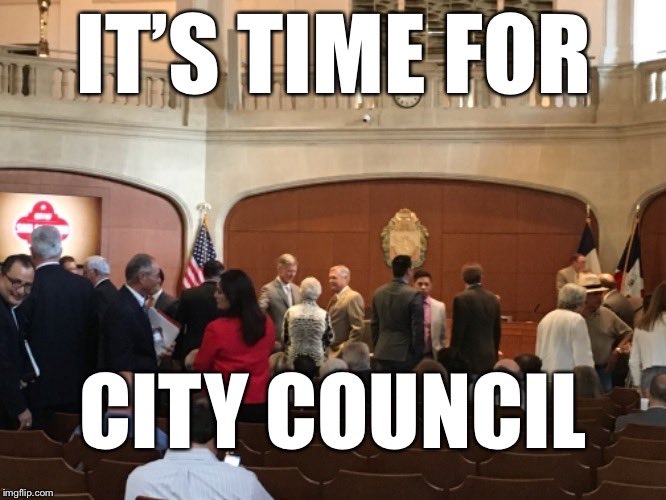Apologies, Mr. Mathiesen, for what is to follow, because you have triggered a Hill I'm Willing to Die On™. You may have meant more nuance than can fit in a single tweet, but I hope I can respectfully change your mind.
But a coupla things:
1. Peer-reviewed papers are also communicative…






